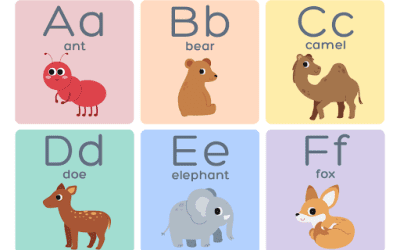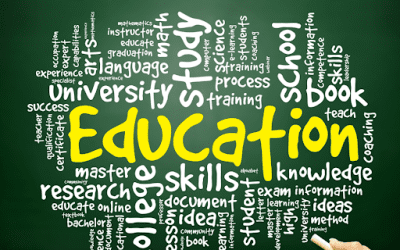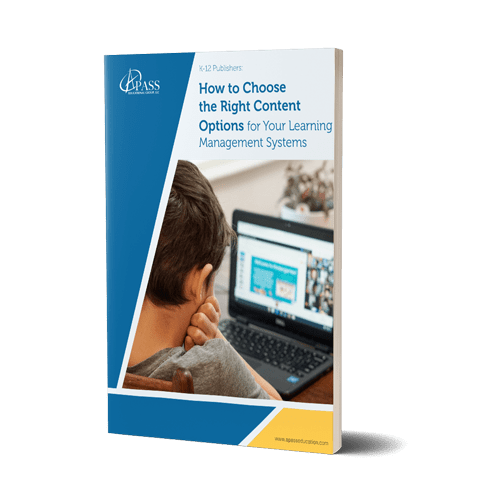The price of college continues to rise. That’s a fact. With that rising price tag, it’s critical that colleges give students the workplace-ready soft skills they need. Historically, college skills included academic and sometimes technical skills. Recently, employers have noticed new graduates are missing some key skills: workplace-ready soft skills. Essentially, they weren’t able to effectively work with others.
Colleges began to realize they needed to make changes. Hard academic skills were no longer enough. The National Association of Colleges and Employers (NACE) and a group of education and HR professionals came together. They developed a recipe for career readiness. These eight key ingredients provide students with the tools they need to find success in any workplace.
NACE’s Eight Career Readiness Skills
- Critical Thinking and Problem Solving
Employees use reasoning and logic to make decisions and analyze problems. They make connections between factors to find the best solution.
- Communication Skills
Employees convey thoughts and ideas to people both inside and outside of the organization. They need to know how to communicate both through writing and speaking.
Here’s an example of an instructor guide for teaching customer service skills
- Collaboration
Employees form strong relationships with all colleagues and customers. Employees must be able to work as a team and resolve conflict when it arises.
- Information Technology Application
Employees need to be able to use technology. They can adapt to future changes in those technologies.
- Leadership
Employees use interpersonal skills to motivate and cultivate the skills of others. They need to prioritize tasks in order to effectively reach a common goal.
- Professionalism
Employees need to establish work habits. They hold themselves to high expectations.
- Career Management
Employees recognize their own strengths and areas of growth. They can set concrete career goals based on those strengths and weaknesses.
- Global Fluency
Employees respect and value diversity in the workplace. They are inclusive and capable of working with all people.
How to Incorporate These Skills?
Graduates need be workplace-ready. These soft skills need to be integrated into their learning now. That seems like a tall task, right? It doesn’t have to be. Soft skills can be seamlessly added to an existing curriculum.
- Provide students with different learning experiences
Students can demonstrate their learning in both individual and team settings. Varied activities provide students opportunities to apply all of their skills to their learning. Different learning experiences include debates, group presentations, and hands-on learning.
- Include real-world scenarios
Give students a chance to face situations they’ll likely encounter in their careers. Students collaborate under pressure. They solve real-world problems. They’ll be engaged and interested while gaining skills for the workplace.
- Cultivate a community.
Make students feel part of something by showing them they’re supported by peers, faculty, and alumni. Provide students with resources and services to better prepare them for their future careers.

These strategies ensure that students have the skills they need to become workplace-ready employees. A Pass is here to help. We’re curriculum design experts with the ability to focus on workplace-ready skills.





